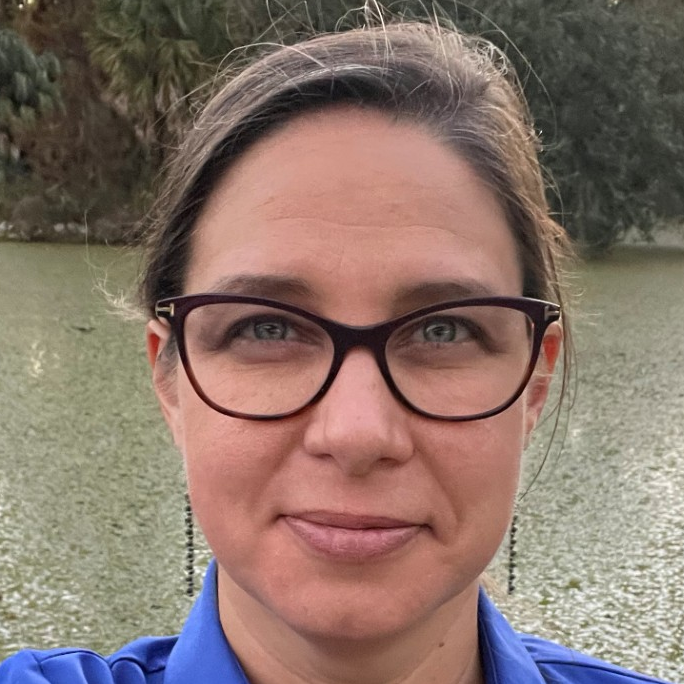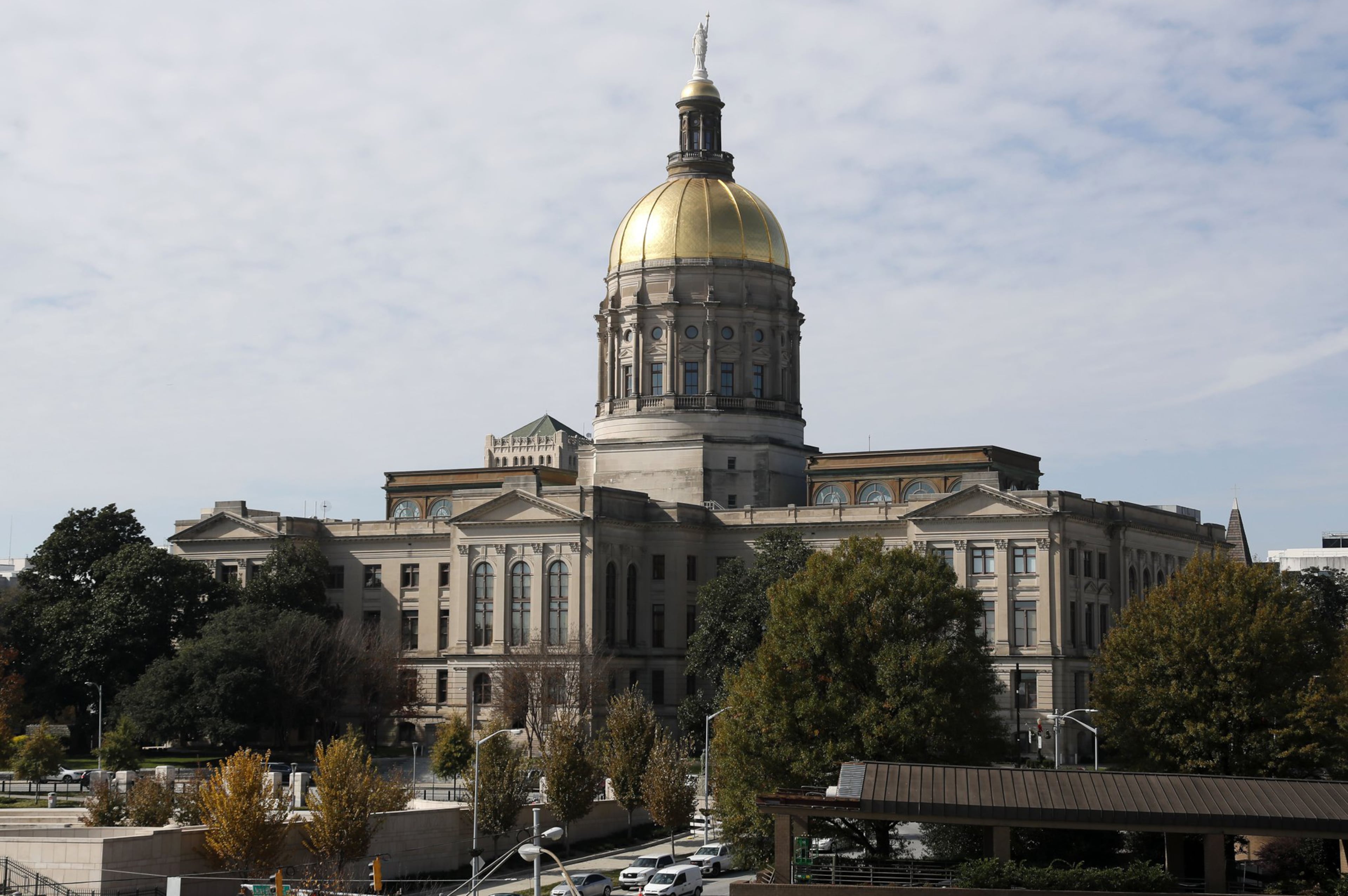A PSC ‘debate’ was held. Only one of the four candidates participated.

Democrat Peter Hubbard answered questions about electricity bills, data centers and clean energy Wednesday as he made his pitch to voters to elect him to the Georgia Public Service Commission next month.
Hubbard was at 90.1 FM WABE’s studios near Midtown Atlanta in what was supposed to be a debate. The buzz centered on why the three other PSC candidates — including two Republican incumbents — didn’t show up.
They are vying for two seats on the five-member PSC, a relatively unknown, obscure state agency that makes decisions that directly affect how much Georgians pay for electricity and whether those electrons come from fossil fuels, nuclear or renewable energy.
“I have the courage to show up here today … unlike the Republicans,” said Hubbard, a clean energy advocate and consultant who asked an empty podium representing his opponent, Republican PSC Commissioner Fitz Johnson, why he wasn’t present. A debate scheduled earlier in the morning was canceled after veteran Commissioner Tim Echols, a Republican, and his challenger, Alicia Johnson, a Democrat, declined to participate.
A campaign manager for Alicia Johnson, who is not related to Fitz Johnson, said the debate conflicted with her schedule in Savannah. In a statement, Fitz Johnson said his record “speaks for itself,” adding that “it doesn’t need a format that rewards sound bites and snark rather than serious discussion of complex kitchen table issues.”
The Atlanta Press Club hosted the Loudermilk-Young Debate Series. The debate will air on WABE radio at 8 p.m. Wednesday and on WABE-TV at 8 p.m. Thursday. Starting Friday, viewers can watch the debates on demand on The Atlanta Press Club’s website and the organization’s YouTube channel.
In a written response to The Atlanta Journal-Constitution, Echols said his attention is on voters who are mostly likely to support him.
“The turnout in this election is going to be so small that I am totally focused on getting my base voters out,” he said. “They will not be streaming Georgia Public Broadcasting.”
WABE and GPB are affiliates of National Public Radio but are separate entities.
This is the first time PSC candidates have come before voters since 2020. Elections for the PSC were delayed after a lawsuit challenged the statewide voting process, arguing it illegally dilutes the voting power of Black Georgians. During the three years of legal wrangling, bills for Georgia Power customers have risen six times.
Georgians have been vocal about their rising power bills, which are happening during a weakening job market and economic uncertainty. Such rate increases historically have resulted in inequitable outcomes for Black and other minority communities, who already pay a disproportionate amount of their income to their power bills.
Earlier this summer, the PSC voted to keep the company’s current rates steady through 2028. The move averted the possibility of more rate hikes, for now.
But later this year the PSC is set to weigh in on a request from Georgia Power to add an unprecedented 10,000 megawatts of electricity over the next five years to meet the energy needs of data centers. Georgia has surpassed Virginia as the No. 1 state for data center leasing.
Georgia Power wants to get most of that electricity from natural gas, an economically volatile fossil fuel that produces the potent greenhouse gas called methane.
In an interview with reporters after the debate, Hubbard said Georgia Power could meet that electricity need with a combination of renewable energy and battery storage and rely less on fossil fuels.
“It is the lowest cost resource, and it can provide capacity for data centers,” he said.
The commissioners are required to live in the districts they represent, but they are elected statewide. Currently, only one regulator lives in an area where Georgia Power provides electricity.
Roughly half the state gets its electricity from electric membership cooperatives, which are member-owned, nonprofit utilities.
Georgia Power is a regulated monopoly owned by Southern Co. In exchange for supplying electricity to customers in a designated territory, the utility is allowed to recoup the cost of building power plants and other grid infrastructure plus earn a healthy profit.
How much profit, as well as the size and scope of those power plants and the utility’s electricity mix, are all decided by the PSC. Regulators also have a hand in decisions related to rooftop solar, electric vehicle charging stations and whether the grid infrastructure is strong enough to withstand extreme weather events such as Hurricane Helene, among other things.
A NOTE OF DISCLOSURE
This coverage is supported by a partnership with Green South Foundation and Journalism Funding Partners. You can learn more and support our climate reporting by donating at AJC.com/donate/climate.



